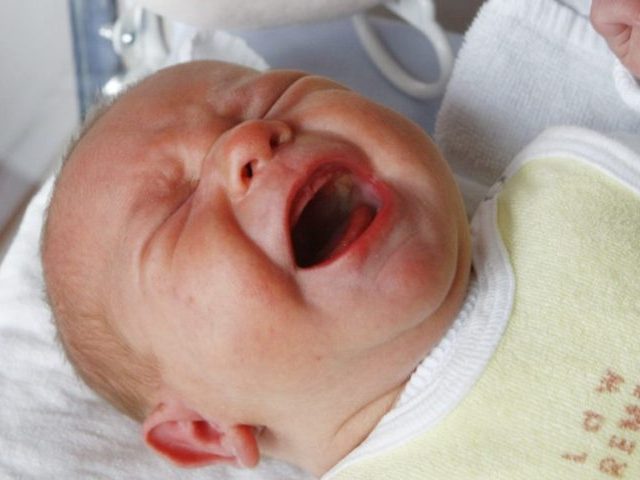There were nearly double the number of stillbirths during the height of the coronavirus lockdown, with concerns the “protect the NHS” message may have discouraged women from seeking urgent medical help.
According to recent figures reported in the Health Services Journal, there were 40 stillbirths after labour in England between April and June, nearly double the 24 from the same time last year. As a result, the UK’s Healthcare Safety Investigation Branch (HSIB) said it will launch a review of the increase.
The HSIB’s clinical director, Louise Page, said, according to the Daily Mail: “One of the big concerns across the healthcare system is about whether there had been unintended consequences of some of the changes that took place in March and April.
“We’re now looking at whether women were seeking healthcare in different ways during that time, the impact of lockdown, the impact of [early in the pandemic] the uncertainty over whether pregnant women were going to be more at risk in the same way that we know that they were in the H1N1 flu.”
According to the BBC, a staggering 86 per cent of the maternity wards in the UK polled found fewer women in the final months of pregnancy than usual were seeking emergency appointments.
The president of the Royal College of Obstetricians and Gynaecologists (RCOG), Dr Edward Morris, said it could have been due to women feeling discouraged from seeking medical help if they had concerns about their pregnancies, and that as a result, they may have “delayed seeking care”.
“This may have been due to confusion around whether these appointments are essential, fear of attending a hospital or not wanting to burden the NHS,” Dr Morris said, according to the broadcaster.
The UK is facing another national lockdown starting on Thursday and lasting until December 2nd. Dr Morris urged NHS hospitals: “As we approach a second wave, we are urging NHS England trusts and boards to avoid redeploying maternity staff so that safe and high-quality care for women and babies is sustained.”
As well as the HSIB’s investigation, the RCOG is conducting a review on the “potential indirect effects of Covid-19 on pregnancy outcomes” before and after birth.
Last month, a report claimed that the message to “Stay Home, Protect the NHS, Save Lives” frightened away patients — a trend which ultimately could contribute to excess deaths. The Office for National Statistics (ONS) had also reported a rise in excess deaths in private homes during the lockdown compared to last year.
Separate figures revealed fewer patients seeking treatment at hospital, with admissions for prostate cancer falling by nearly two-thirds and bowel cancer seeing more than one-third fewer admissions. Analysis of several reports showed that chemotherapy treatment fell by 66 per cent in April and urgent referrals for early cancer diagnosis dropped by up to 89 per cent. The number of organ transplants fell by two-thirds in the three months of the first lockdown, with deaths while waiting for a transplant nearly doubling. Fifty thousand children’s surgeries were cancelled.
Last week, London Ambulance Service said that calls to suicides or attempted suicides had increased during the pandemic. Statistics from October pointed to a rise in people having suicidal thoughts in the first six weeks of lockdown. At the same time, the ONS revealed that the number of people feeling depressed in June 2020 was double the number in the preceding nine months to March 2020.

COMMENTS
Please let us know if you're having issues with commenting.